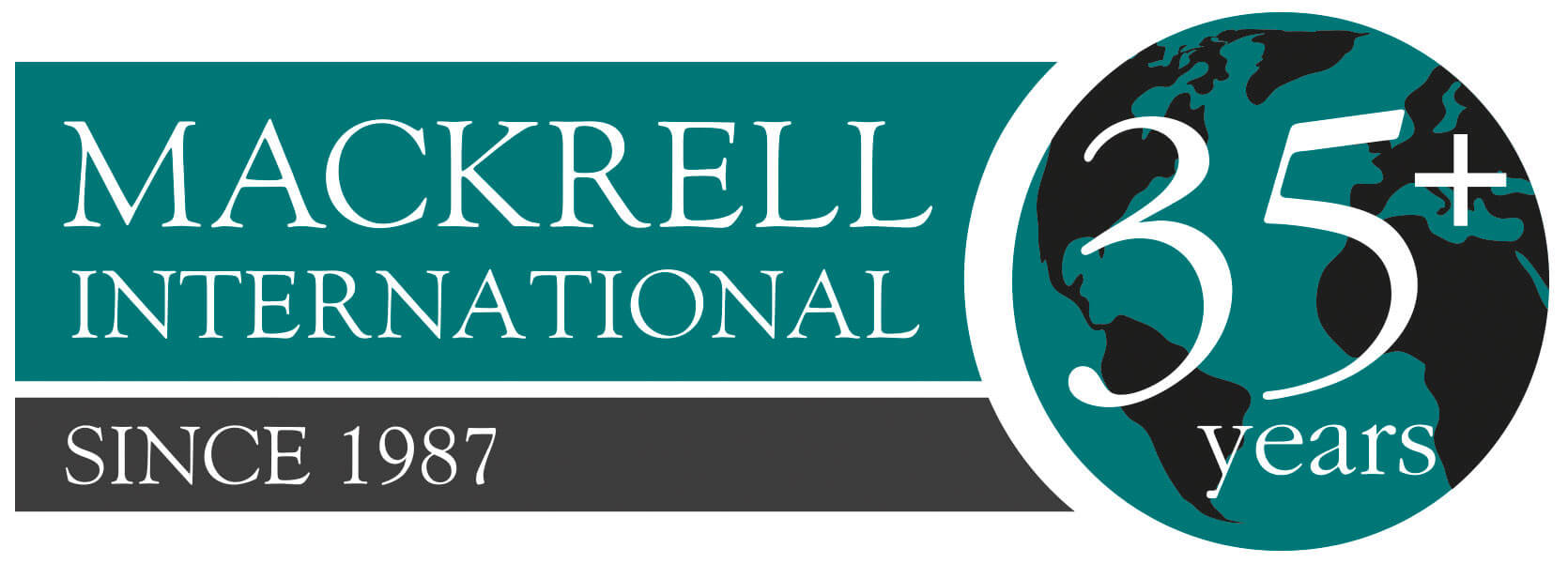When an estate includes assets in multiple countries, the legal and tax implications can become both demanding and deeply consequential—especially where substantial wealth is at stake.
International property, foreign investments, or offshore accounts all fall under different legal frameworks, and dealing with them requires focused, jurisdiction-specific planning.
To avoid delays, disputes, and unnecessary tax exposure, the following issues must be addressed early in the process.
Jurisdiction – Where are the assets held, and what laws apply?
A clear inventory of overseas assets is fundamental. Local probate requirements vary widely, and some jurisdictions do not recognise Grants of Probate from England and Wales without further validation or court processes.
In certain countries, executors must appoint a local notary or lawyer before administration can begin.
Identifying these requirements upfront allows for a more controlled and efficient process.
Testamentary documents – Is there more than one Will?
Individuals with international holdings sometimes prepare separate Wills for different jurisdictions.
If drafted correctly, this can simplify estate administration.
If poorly coordinated, however, multiple Wills may contradict one another or result in partial intestacy.
If there is no foreign Will, the document must be assessed for legal validity in the jurisdiction in question.
Incompatibility with local formalities could render it ineffective, with serious consequences for beneficiaries.
Succession regimes: are local laws restrictive?
The law in England and Wales permits individuals to allocate their estate freely.
By contrast, many civil law jurisdictions impose statutory inheritance rules, which require fixed portions of the estate to pass to certain family members.
These restrictions may override the terms of a Will written in England or Wales where local assets are concerned.
Executors must understand whether forced heirship rules apply and, if so, how they interact with the deceased’s intentions.
Tax exposure – Where might liabilities arise?
Cross-border estates often trigger tax liabilities in more than one country.
Inheritance Tax will generally apply if the deceased was domiciled in the UK, while foreign jurisdictions may impose additional estate or succession taxes.
Some countries have treaties with the UK to prevent double taxation; many do not.
Tax treatment varies not only by jurisdiction but also by asset type, ownership structure, and beneficiary location.
Early input from our tax specialists with international experience is essential to avoid adverse outcomes.
Recognition of probate – Is resealing an option, or is a full foreign process required?
Certain jurisdictions permit a Grant from England and Wales to be resealed, effectively recognising it for local purposes.
This can accelerate administration and reduce legal costs. Where resealing is unavailable, a separate local probate application is required, often involving certified translations, legal representation, and unfamiliar court procedures.
Understanding the local position allows executors to manage expectations around timing and costs, and to sequence the administration accordingly.
Foreign currency and capital transfers – How will value be preserved?
Where assets are held or realised in foreign currencies, volatility in exchange rates can materially affect the amounts available to beneficiaries.
Transfer costs and delays further reduce value.
A well-managed strategy for currency conversion and fund repatriation is vital. In some cases, currency hedging or use of multi-currency accounts can preserve value and reduce exposure.
Strategic advice for complex international estates
Cross-border estate administration involves legal, tax, and practical risks that must be actively managed.
Without early coordination, there is potential of avoidable losses for high net worth individuals.
Our private wealth team works with clients, trustees, and executors to deliver structured solutions in cross-border matters.
For guidance on international estate issues, and help with probate matters, contact Gemma Hughes on 0203 542 2553 or at gemma.hughes@mackrell.com.




